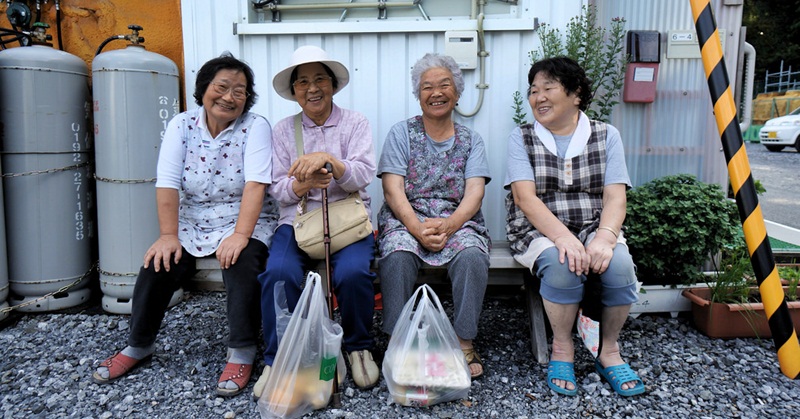If life expectancy and the figures of elderly population in countries reflect overall health, then Japan might as well be considered among the healthiest in the world.
We know that Japan has an increasing elderly population to date, which unfortunately is causing alarm and concern among government officials amid a generally competitive economic performance in the past few years. This is because as more people reach retirement age, fewer and fewer people replace them in the workforce, plus this means an even higher budget needed to cover this population’s pension and other related services.

Japan Leads Asia’s Healthiest Nations at #4 in International Study
Based on the 2019 edition of the Bloomberg Healthiest Country Index, which ranks 169 economies according to factors that contribute to overall health, Japan placed fourth behind Spain which jumped five spots to land the top spot for 2019, as shared in a report by the Japan Times.
Four other European nations also entered the top 10 for 2019: Iceland (#3), Switzerland (#5), Sweden (#6), and Norway (#9). Japan claims the healthiest nation title in Asia after it replaces Singapore, which dropped to eighth spot in the study. Australia and Israel complete the list at #7 and #10, respectively.
The index ranks the nations based on variables which include life expectancy while deducting points for health risks such as tobacco use and obesity. It also takes into consideration environmental factors such as access to clean water and sanitation.
Of all the European Union nations, Spain has the highest life expectancy at birth, only trailing a few points behind Japan and Switzerland globally based on the data shared by the United Nations.
By 2040, Spain is projected to have the highest lifespan, at almost 86 years, followed by Japan, Singapore, and Switzerland based on the data released by the the University of Washington’s Institute for Health Metrics and Evaluation.